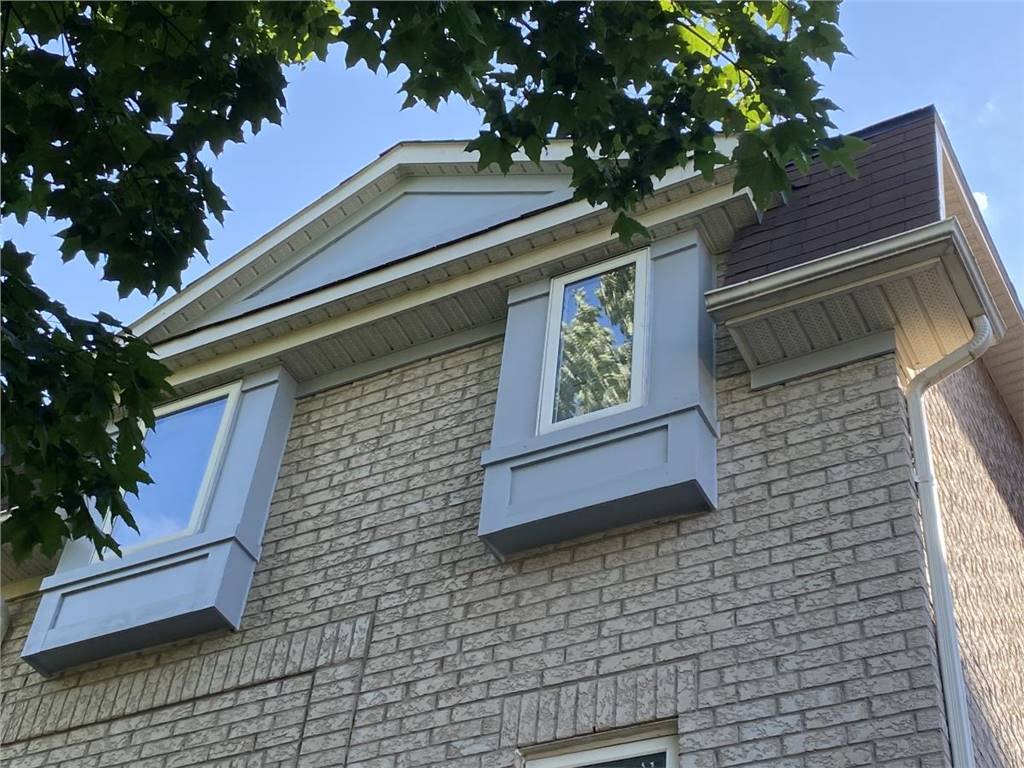
Repairing Drywall And Painting After Water Damage
Water damage can be a homeowner's worst nightmare. If not repaired properly, it can cause extensive and expensive damage to your home. In this blog post, we will discuss the best ways to repair drywall and paint after water damage has occurred. We will also provide some tips on how to prevent water damage in the future. So if you have experienced water damage in your home, please read on!
Why Does Water Damage Your Drywall?
Water damage is a common issue with drywall. The water can cause the drywall to swell and eventually crack and crumble. There are several reasons why this happens, but the main reason is that when the water hits the drywall, it causes the gypsum in the drywall to dissolve. This then leads to a weakening of the material and eventual destruction.
There are many reasons why water damage can happen to your drywall. If you live in an area with high humidity, for example, this can cause the drywall to absorb moisture from the air and become damp. This can lead to the growth of mold and mildew, which can eventually cause the drywall to deteriorate. If you have a leaky roof or pipe, this can also cause water damage to your drywall as the water seeps in and saturates the material. In addition, if you don't properly seal your drywall after painting or wallpaper installation, this can also allow moisture to penetrate and cause damage.
How to Prevent Water from Damaging Your Drywall?
Water damage can be a serious problem for homeowners, and can cause extensive damage to your home's drywall. Fortunately, there are several things you can do to help prevent water damage and protect your drywall.
One of the most important things you can do is install a waterproof sealant around your home's windows and doors. Waterproof sealants can help prevent water from seeping into your home, which can lead to mold growth or other problems.
You should also ensure that all of your roofing and guttering is in good repair, and make sure that your gutters are properly cleared of leaves and debris. The roof protects your home from the elements, while guttering helps to keep your home dry by redirecting water away from the building.
You should also regularly check for any leaks in your home's plumbing, and fix them as soon as possible. There are a few ways to tell if your plumbing is in good shape. One way is to check if your water pressure is strong and steady. Another way to tell if there's a problem is by checking your water bill; if it suddenly goes up for no reason, you may have a leak or other issue with your plumbing. Finally, you can also inspect fixtures and pipes for any leaks, corrosion, or other damage.
And lastly, make sure that you have proper insurance coverage in case of a water emergency. Water emergency insurance is important because it can help to pay for damages that may be caused by water. For example, if a pipe bursts in your home and causes water damage, your insurance policy may help to cover the cost of repairing the damage.
Repairing the Drywall
If you have water damage on your drywall, the first thing you need to do is identify the source of the problem and fix it. Once the problem is fixed, you can begin repairing the damage.
If the water damage is minor, you may be able to simply sand down the affected area and then repaint. If the damage is more severe, you may need to replace the drywall entirely.
No matter what level of repair you need to do, it is important to act quickly to prevent further damage from occurring.
There are a few reasons why calling a company like the 6ix Painting is better when repairing drywall. First, they have the experience and expertise to do the job right. Second, they have the proper tools and materials to get the job done quickly and efficiently. Third, they can provide you with a warranty on their workmanship. fourth, they will clean up any messes that are created during the repair process. fifth, they will dispose of any debris properly. Sixth, they will make sure that your home is safe and free of any hazards before they leave. Seventh, they will schedule a time for you that is convenient for you.



